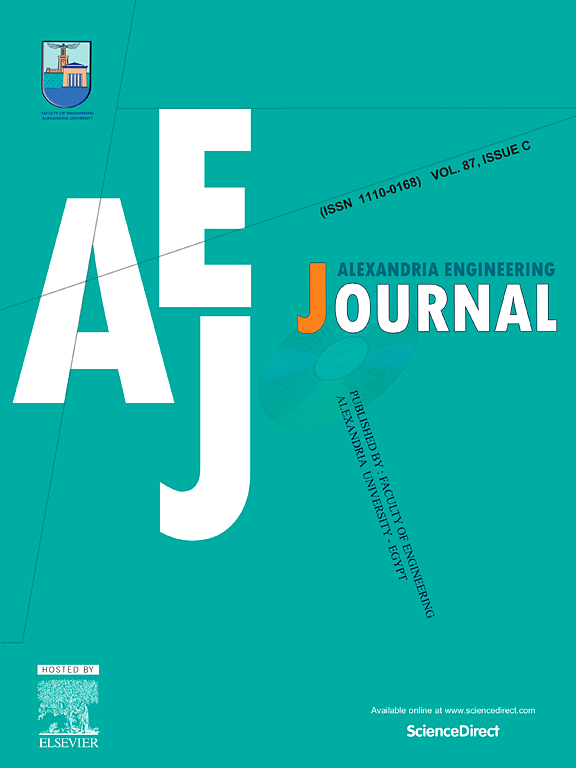Lipid-based nanomedicine for colorectal cancer: Progress and prospects
IF 6.2
2区 工程技术
Q1 ENGINEERING, MULTIDISCIPLINARY
引用次数: 0
Abstract
Colorectal cancer (CRC) stands as a common disease and a primary associated to cancer-related mortality. Treatment options for CRC encompass surgical procedures, targeted therapies, radiation treatments, and chemotherapy. Optimal treatment outcomes are attained through the judicious combination of two or more treatment modalities, tailored to the specific stage of CRC. A diverse range of therapeutic medications exists for CRC treatment. However, achieving the necessary therapeutic concentration often mandates the administration of elevated doses of chemotherapeutic agents, resulting in a variety of side effects such as severe gastrointestinal reactions, hematological issues, neurological complications, cardiac challenges, and dermatological reactions. Hence, there exist a critical requirement for an intelligent delivery system capable of enhancing therapeutic efficacy while safeguarding and delivering high doses of chemotherapeutic agents. Colon-specific drug delivery systems, especially those rooted in nanotechnology, hold promise as a viable solution to tackle these obstacles. This review aims to examine the advancements in lipid-based nanotechnologies for treating CRC, while also delving into the associated challenges and potential prospects of these therapeutic methodologies.
求助全文
约1分钟内获得全文
求助全文
来源期刊

alexandria engineering journal
Engineering-General Engineering
CiteScore
11.20
自引率
4.40%
发文量
1015
审稿时长
43 days
期刊介绍:
Alexandria Engineering Journal is an international journal devoted to publishing high quality papers in the field of engineering and applied science. Alexandria Engineering Journal is cited in the Engineering Information Services (EIS) and the Chemical Abstracts (CA). The papers published in Alexandria Engineering Journal are grouped into five sections, according to the following classification:
• Mechanical, Production, Marine and Textile Engineering
• Electrical Engineering, Computer Science and Nuclear Engineering
• Civil and Architecture Engineering
• Chemical Engineering and Applied Sciences
• Environmental Engineering
 求助内容:
求助内容: 应助结果提醒方式:
应助结果提醒方式:


